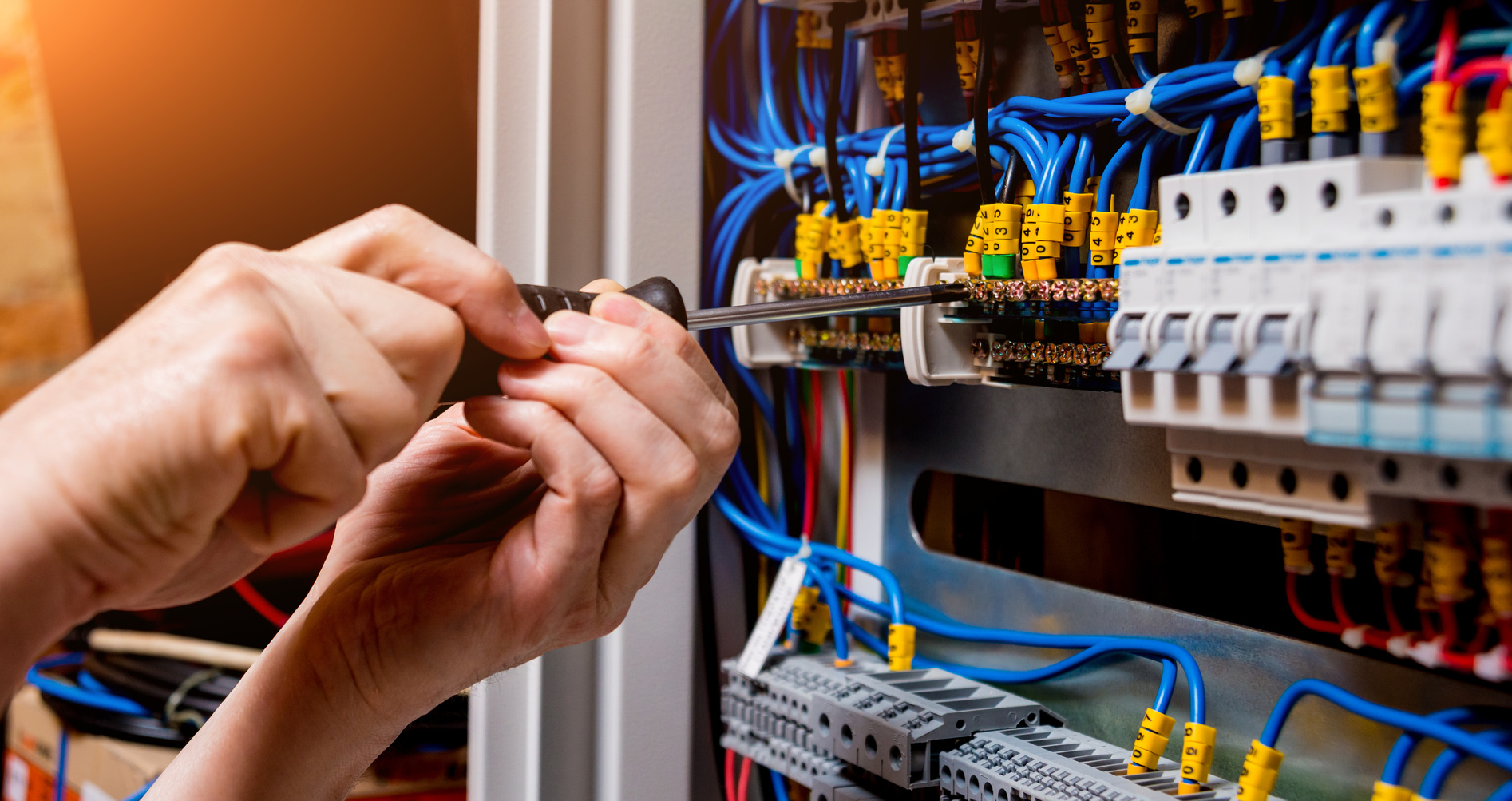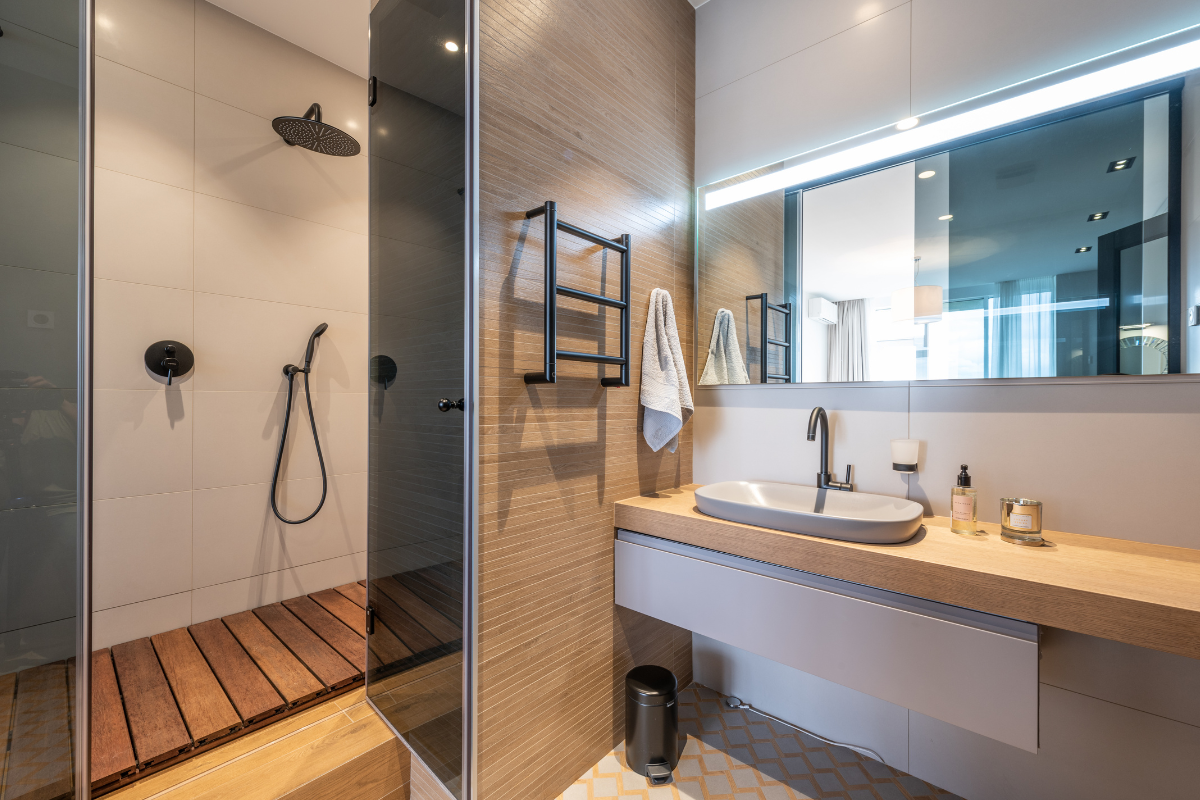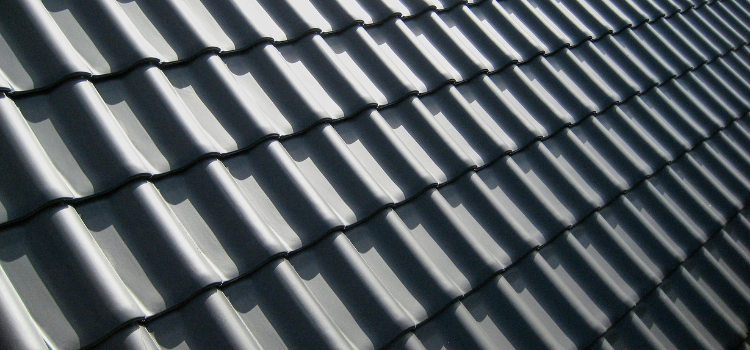Overview
Home & Safety Compliance Solutions near you
Search the directory, compare options, and start your project with confidence.
- Verified businesses ready to help near you.
- Clear contact details and profiles so you can shortlist quickly.
- Side-by-side browsing of suburbs, states, and top metro areas.
About this service
What home & safety compliance solutions involves
Ensuring rental properties are safe for tenants is an important aspect of property management. Each state in Australia has its own Residential Tenancies Regulation, which will outline the requirements for home and safety compliance.
Below, we will explore the different types of rental safety checks that may be required under your local regulations.
Overview
- Types of rental safety checks
- Cost of home safety compliance checks
- How to choose the right contractor
- Questions to ask your contractor
- Frequently asked questions
Types of Rental Safety Checks
There are four main types of rental safety checks that may be required under your state’s Residential Tenancies Regulation. These include smoke alarm checks, gas appliance safety checks, electrical safety checks, and pool safety checks.
Smoke Alarm Checks
Smoke alarms are critical in protecting tenants from fire. Smoke alarms should be installed in all rental properties and checked regularly (the interval may differ by state).
These checks can include:
- Thorough testing to assess volume (including measuring sound pressure levels), placement, and any signs of damage.
- Replacement of batteries for all smoke alarms.
- Detailed audit report covering all aspects of the smoke alarm system.
Gas Appliance Safety Checks
Gas appliances can be hazardous if not installed or maintained correctly. Gas appliances should be checked and serviced regularly by a licensed gasfitter — check your state’s regulations to determine the frequency. This check is crucial in ensuring the safe operation of gas appliances in rental properties.
Gas safety checks will include:
- Thorough examination of all gas appliances provided by the landlord (such as heaters, cooktops, water heaters, and the mains gas line).
- Comprehensive inspection of LPG cylinders and associated components.
- Evaluation of gas isolation valves to ensure that they are properly installed and located.
Electrical Safety Checks
Electrical safety is essential in rental properties to prevent electrical fires and ensure the safe operation of electrical appliances. The electrical installations in a rental property should be inspected by a licensed electrician regularly (consult your state’s legislation to find out more). Tenants should also receive a copy of the electrical safety inspection report.
Electrical safety checks can include:
- Thorough inspection of all electrical appliances provided by the landlord.
- Comprehensive examination of the switchboard to verify that residual-current devices (RCDs) are properly installed and operating correctly.
- Testing of the RCD by tripping it to ensure that it is functioning as intended.
Pool Safety Checks
If a rental property has a swimming pool, it must meet the relevant safety standards. This includes ensuring the pool fence is properly installed and maintained, and the pool gate is functioning correctly. The regulations require the pool be inspected and certified as compliant with the relevant standards in your state by a licensed pool safety inspector. Failure to comply with pool safety regulations can result in significant fines for landlords.
Cost of Home Safety Compliance Checks
The price of each rental check will differ by business and state, but you can expect the following prices as an estimate:
- Smoke alarm check: $90
- Gas appliance safety check: $280
- Electrical safety check: $220
- Pool safety check: $100 – $200
Some businesses may offer a bundle price for a smoke alarm, gas, and electrical safety check, for approximately $480.
It's best to get quotes from a few contractors to compare prices in your local area.
Get free quotes in minutes.
Get quotes from our qualified and licensed tradies Australia-wide.
Rental Regulations by State
To find specific details that are relevant to your own state, read the local regulations:
- Victoria: Residential Tenancies Regulations 2021
- New South Wales: Residential Tenancies Regulation 2019
- Queensland: Residential Tenancies and Rooming Accommodation Act 2008
- Western Australia: Residential Tenancies Regulations 1989
- South Australia: Residential Tenancies Regulations 2010
- Northern Territory: Residential Tenancies Act 1999
- Tasmania: Residential Tenancy Regulations 2015
How to Choose the Right Contractor
When selecting a professional for your safety inspections, it's important to do your research and check their credentials and reputation before hiring them.
Here are some factors to consider when looking for the finding the best business for your tasks:
1. Gather Quotes
Enter the information outlining your home and safety compliance job on Service.com.au, and we'll provide you with a list of local businesses that can help.
Get free quotes in minutes.
Get quotes from our qualified and licensed tradies Australia-wide.
2. Narrow Down Your Search
Service.com.au uses a three-tier badge system to help you make an informed choice.
We recommend choosing a business with the highest level (badge 3 – ‘recommended’) from our three-step verification process.
3. Do Further Research
Once you’ve narrowed down your options, check out the business’ online presence to learn about their reputation and range of services. Visit their website and social media pages to view their customer reviews.
Questions to Ask Your Contractor
Here are some questions that can be helpful to ask when hiring a professional for the tasks:
- Can you provide references from previous work?
- Are you licensed and insured?
- How long have you been in business?
- Do you have specific experience undertaking these checks?
- How do you communicate with customers during the process?
- Are you flexible with your schedule, and can you work on weekends if necessary?
Rental safety checks are essential in ensuring the safety of tenants and compliance with the Residential Tenancies Regulations in each state. Tenants should also be aware of their rights and ask their landlord for evidence of recent safety checks. By working together, landlords and tenants can create a safe and secure rental environment.
Home and Safety Compliance FAQs
Who is responsible for home safety checks?
You can read your state’s regulations listed above for specific information on who is responsible for the mandatory safety compliance tasks, though usually it is the landlord.
What are the benefits of regular home safety checks?
Rental safety checks in Australia can provide several benefits for both landlords and tenants. Some of these benefits include:
- Ensuring tenant safety: Rental safety checks help ensure that the rental property is safe for tenants to occupy. By identifying potential hazards such as faulty wiring, gas leaks, or other safety hazards, landlords can address these issues before they cause harm to tenants.
- Meeting legal requirements: In many states and territories in Australia, landlords are legally required to ensure that their rental properties meet certain safety standards. Rental safety checks can help landlords ensure that they are meeting these legal requirements and avoid potential penalties.
- Protecting property value: Regular safety checks can help landlords identify issues that may damage the property and address them before they become major problems. This can help protect the value of the property over time and ensure that it remains in good condition for future tenants.
- Improving tenant satisfaction: By ensuring that rental properties are safe and well-maintained, landlords can improve tenant satisfaction and reduce tenant turnover. This can help landlords maintain a steady stream of rental income and avoid the costs associated with finding new tenants.
- Liability protection: Landlords have a duty of care to ensure that their rental properties are safe for tenants. By conducting regular safety checks, landlords can demonstrate that they are taking this responsibility seriously and protect themselves from potential liability claims.
What happens if a rental property does not meet the minimum safety standards?
If a rental property does not meet the minimum safety standards, the landlord will be required to make necessary repairs or upgrades to ensure that the property is safe for tenants.
What are the consequences for landlords who fail to conduct rental safety checks?
Landlords who fail to conduct rental safety checks may be liable for any injuries or damages that result from the property's unsafe conditions. They may also face penalties or fines from local authorities.
Get free quotes in minutes.
Get quotes from our qualified and licensed tradies Australia-wide.
All the costs quoted were sourced at the time this article was written. They are to be used as an AUD cost guide and may vary locally, and are subject to market changes. All general information included was relevant at the time of writing, and may be subject to change at any time.
Browse Home & Safety Compliance Solutions by State
- Home & Safety Compliance Solutions in QLD
- Home & Safety Compliance Solutions in VIC
- Home & Safety Compliance Solutions in ACT
- Home & Safety Compliance Solutions in NSW
- Home & Safety Compliance Solutions in WA
- Home & Safety Compliance Solutions in TAS
- Home & Safety Compliance Solutions in SA
- Home & Safety Compliance Solutions in NT
Browse Home & Safety Compliance Solutions by City
- Home & Safety Compliance Solutions in Sydney
- Home & Safety Compliance Solutions in Melbourne
- Home & Safety Compliance Solutions in Brisbane
- Home & Safety Compliance Solutions in Perth
- Home & Safety Compliance Solutions in Adelaide
- Home & Safety Compliance Solutions in Gold Coast
- Home & Safety Compliance Solutions in Canberra
- Home & Safety Compliance Solutions in Newcastle
- Home & Safety Compliance Solutions in Wollongong
Articles
Guides to help you plan your project
Fresh tips and explainers on choosing the right tradie, budgeting, and setting clear expectations.

How Much Does an Electrician Cost? 2025 Cost Guide
Need to have some electrical work carried out at your home and unsure what to expect cost-wise? When hiring an electrician, you'll need to budget accordingly depending on the service.

How Much Does a Bathroom Renovation Cost? 2025 Cost Guide
If you want to give your bathroom the love and attention it deserves this year, you may be wondering how much it costs to renovate a bathroom in 2024. Truthfully, it depends. To estimate the…

Why You Should Hire a Professional for Your Roofing Project?
When it comes to home improvement projects, few are as critical as roofing. Your roof is not just a layer of protection; it's the shield that guards your family and belongings against the elements.
